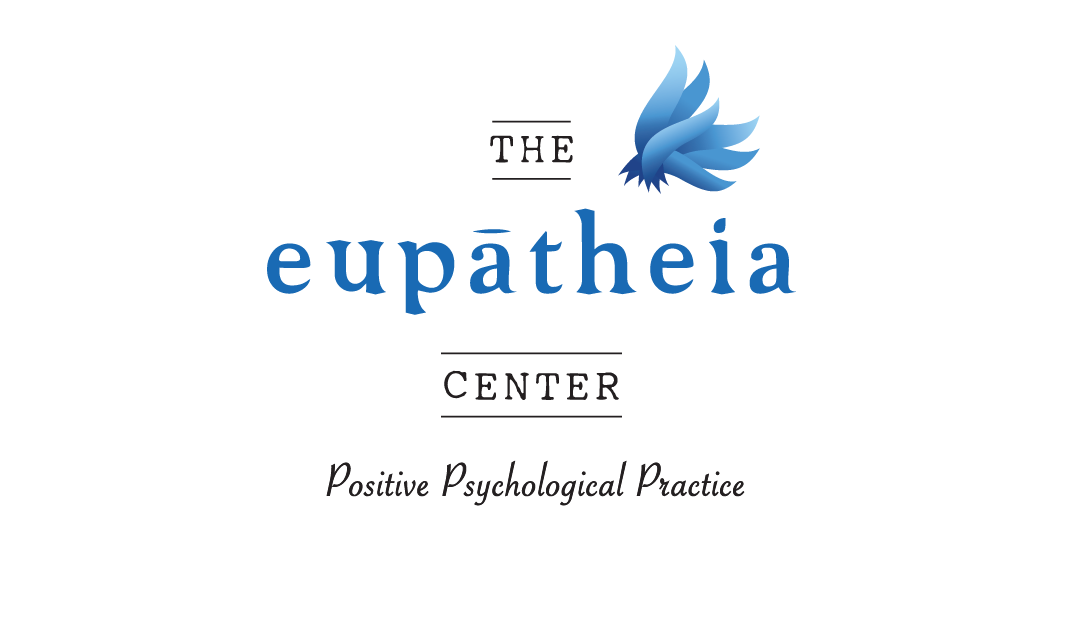Psychological Evaluation for ADHD
Most people with ADHD struggle to stay on-track, feel ineffective and overwhelmed. They want to find peace and balance and to function effectively in their lives.
Proper diagnosis leads to proper treatment.
What does ADHD (Attention Deficit Hyperactive Disorder) feel like to you?
Can’t Stay on Track
Completing tasks, getting organized, being on time can be challenging and feel like an uphill struggle.
Discombobulated
Feeling a rush of emotions out of nowhere, or sudden overwhelm. You feel 'on alert' and unable to fully relax.
Frustrated
Struggle with routines and systems then feel frustrated with yourself, feel self-doubt and second-guess your decision-making.
Up’s and Down’s
Sudden changes in pace can feel like a being on a rollercoaster- up and down and you don't feel like you can find an easy rhythm.
Unable to Focus
Attention can feel erratic and you either over-focus on one task or focus on too many ideas and feel distracted and exhausted.
Anxious
Feelings of anxiety or general depression can build with the fluctuations. and nervous system .
“It’s not the mountain we conquer, but ourselves.”
What is happening?
You may want to just turn the world off…hide away…or completely change your circumstances, not because life is too complicated but because you can't process it all.
And it’s not a character flaw, nor a lack of intelligence or ability.
And it’s not about being ‘hyperactive’ or ‘lazy’ either.
What’s happening?
It’s neurological. Your brain may not be producing enough dopamine which controls your drive, motivates you, helps with decision making and goal-setting, and emotional regulation.
Left untreated…
And left untreated, you may seek out ways to compensate which can lead to:
Anxiety
Relationship problems
Depression
Alcohol or drug abuse
Low self-esteem
Irritability
Job instability
60% of children diagnosed with ADHD have symptoms into adulthood. Proper diagnosis, even as an adult, leads to proper treatment.
What clients want
Most people want to improve areas of their life and have an ideal have an ideal life scenario but ADHD is getting in the way?
They want to:
Finish projects and reach your goals
They know they are competent and capable and want to be able to fulfill their goals and be successful.
Be taken seriously
They want to utilize their best qualities and be taken seriously by others.
Succeed in relationships
They want to pursue friends or a partner and wish they could function better in relationships.
Not feel “this” way
They can feel at times like they are on a rollercoaster of emotions and just want to find balance and peace.
Operate effectively
They wish their brain would work faster and better, be more organized, focused, and efficient
The ADHD Evaluation
An ADHD Evaluation includes cognitive, socioemotional, intellectual, and attention testing.
We focus on four key areas for diagnosis:
Processing issues
We access how effectively you are processing information - how your brain is working for you
Executive Functioning
We test your executive functioning to find your strengths and areas for improvement.
Behavior
We assess behavior and personal history to determine personal stressors and how you respond to life's demands.
Attention
We identify where you are most organized and distracted and what takes you off-track.
Is ADHD real?
Originally referred to as hyperkinetic reaction of childhood, it was formally recognized by the American Psychological Association (APA) as a neurodevelopmental disorder and included in the DSM-II in 1968. (DSM - Diagnostic and Statistical Manual of Mental Disorders).
In 1980, the term was changed to Attention Deficit Disorder (ADD) in the DSM-III with two subtypes: ADD with hyperactivity and ADD without hyperactivity. Today, it is recognized as Attention Deficit Disorder (ADHD) with three subtypes.
Treatment began, however, back in 1955 when the FDA approved the psychostimulant Ritalin. Even earlier in 1936, Charles Bradley used Benzaprine when he realized it helped children improve their school work.
A 2020 review and study points to a very strong genetic link.
The ADHD Scale
ADHD isn’t one simple diagnosis. There is an ADHD scale with three types of ADHD as defined in the DSM-V - The Diagnostic and Statistical Manual of Mental Disorders, Fifth Edition.
Inattentive Type - lack of focus and distractibilty
Combined Type - both inattentive and impulsive/hyperactive
Hyperactive/Impulsive Type - hyperactivity and impulsivity is present
What our clients say
“Being a patient of Dr. Engen has been life changing and is a continuing beautiful metamorphosis for me. I am healing. I am becoming better. I am realizing my worth. I am overcoming. I owe so much of this to him.” - R.P.
Who we are
We are a second-generation clinical psychology practice in South East Georgia offering evaluation, consultation and therapy. From South Dakota, Brendan C. Engen, PsyD - Clinical Psychologist - obtained his Doctorate in Clinical Psychology from C.I.I.S. in San Francisco, following three years doctorate study in Philosophy and Theology at UMass and Undergraduate and Masters study at Ole Miss. Serving clients from The Eupatheia Center in Brunswick, Dr. Engen works with all ages evaluating for anxiety, depression, PTSD, ADHD and Autism and other concerns via tele-consult or in-office appointments.
The Process
Get to the bottom of your struggle with a comprehensive evaluation that makes a difference.
STEP 1 - Comprehensive intake forms including personal history and consent forms.
Step 2 -
Clinical interview, and assessments - face-to-face virtual testing and online computerized tests
Step 3 -
Psychological report with interpretation of results, diagnosis and recommendations.
All virtual tests are performed using HIPAA compliant industry-recognized software.







